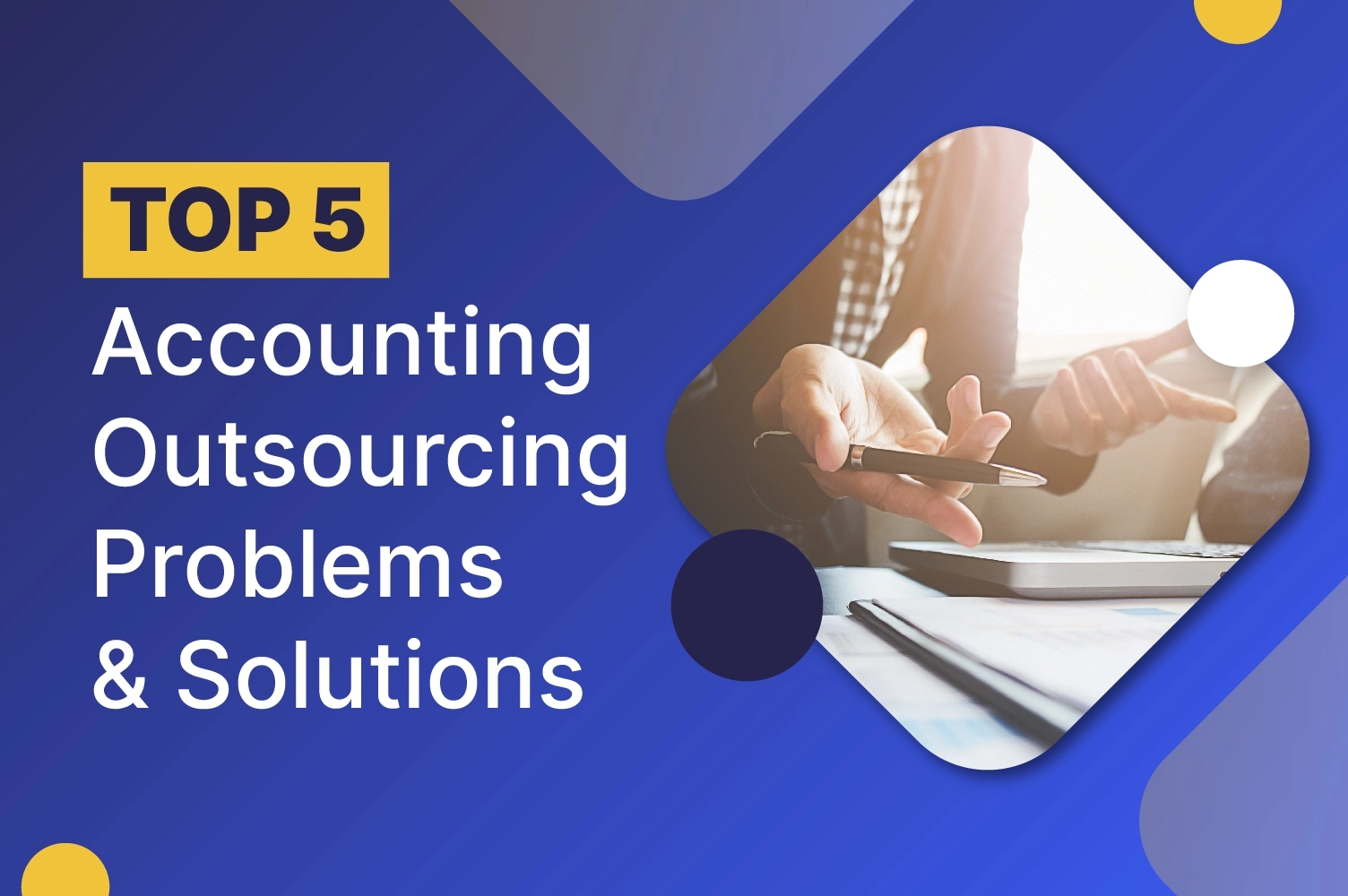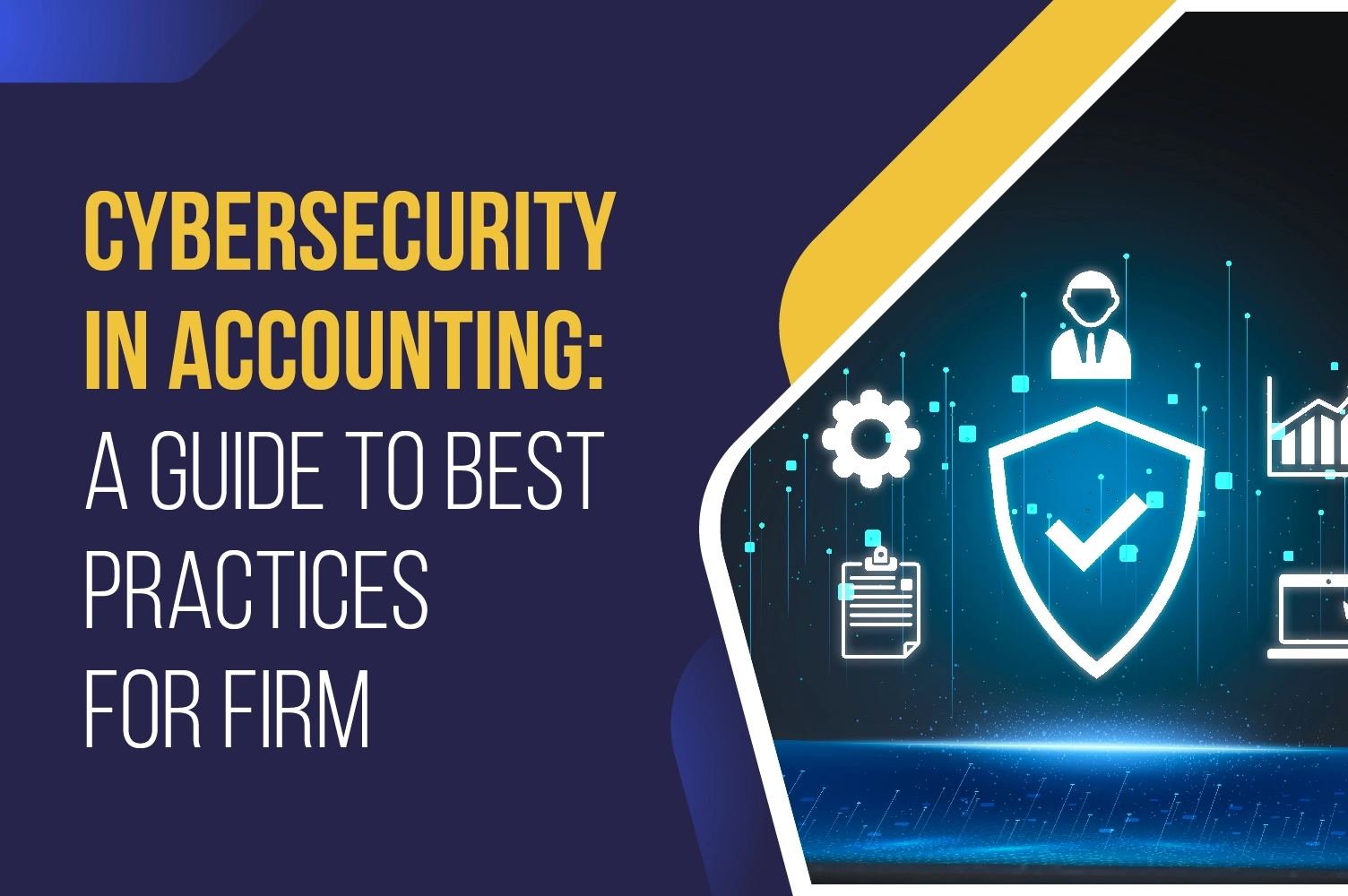Paper to Digital - 10 Migration Tips for Accounting Firms
From sharp edged instruments, stone hammer, and chisel, to the pen, the ink, and the parchment, humans have come a long way to be in the age of digitization. Corporates today have perfected the art of digitization. Be it the government, the law firms or even the CPA firms, transitioning from paper to the digital tools has not only made their work easier but also much faster. Specifically, for Accounting Firms, here are some much-awaited answers to the frequently asked questions about going digital.
1. Why is Migrating from Paper to Digital the need of the hour? Digitization is the process where an individual or a firm convert the hard copies of their documents into a digital format. One of the reasons why this is an essential practice today is because it gives you easy accessibility to the data that you would normally end up breaking your back looking for. It also protects your immensely confidential and highly crucial documents from hazards like theft or fire. Imagine losing files just because someone accidentally caused a fire in the office. The natural calamity or ‘Act of God’ is very much capable of wiping off a lot of paper trails on a bad day. Go digital now and secure all that irreplaceable data.
2. Why do you need to have back up of both Paper and Digital Data? You may have converted all the documents into digital data but is this data really hundred percent safe or even reliable? What would you do when you need to present the original documents to an important client or a government authority? But you ended up ruining it by pulling it out every time you had to refer to it. It goes without saying that it is important to keep those official documents safe as a physical backup and when you do need to refer to them why not just use their digital versions and avoid any embarrassment or losses. Also, we must understand that no systems are fool-proof, so to avert the disaster of losing the digital data altogether, it is always better to have most of them stored in the printed form as well.
3. Choosing cloud storage. How do you plan to store the documents that may cost your firm a lot of time and money to replace? Well, you could use the cloud or a dropbox or even the google drive. But this would mean that you would be playing into the hands of a skilled hacker. To reduce such risks, companies use In-House servers or intricately designed Document Management Systems. DMS is a system (based on computer programs) used to track, manage and store documents and reduce paper. These are proficient in keeping a record of the different versions created and modified by different users (i.e. history tracking). In short, a safe and sound system that keeps your digital data safe from online threats and hackers.
4. Essential Features that should be kept in mind Some of the essential features that must be given keen attention to in this process of digitization are the Data Security, Confidentiality, Accessibility, Spam and Malware protection and the flexibility of the content. When and if you do decide to go digital, you must carefully select the system you wish to use and have the thorough understanding of how is it protecting your digital data.
5. How to Digitize the Data? The process of digitization begins with accumulating and scanning of all documents such as payslips, balance sheets, profit and loss statements and journal entries. Once all this data has been scanned it is shared with the hired agency either by mail or a drop box set up by them. After this it’s the hired firm categorizes and organizes the data and shares it with your firm.
6. Categorizing the files for easy referencing and retrieval of data For firms that have been in business for a long period of time, it becomes difficult to organize and maintain all the data. Categorizing this data is a long and tedious task. Many a times companies end up losing important documents in the pile that has been accumulating for a long time. Even if the data has been categorized to some extent, referring to this data when required becomes a task leading to employees being frustrated over losing time looking for the documents.
7. Ability to Update the data regularly Converting all your files into digital data gives you easy access to it and reduces the time taken to finish a task or a report. Digitization also makes it easy for the employees to update the data regularly hence staying on top of everything. Many organizations ignore the advantages of digitization and end up losing clients for not being able to deliver on time. Whereas firms that opt for digitization stay ahead at all times.
8. Rechecking the accuracy of the data Imagine if you have to go through a ton of paper work just to identify the inevitable human errors previously made. When you go digital the data is analyzed by the software which makes it easy to identify the errors and prevent the chance of any such blunders in the future.
9. Effective Analysis of previous data The software designed and implemented by the company hired to digitize your documents, categorizes the data in a way that makes it awfully easy for the employee to refer to the previously available data and finish their tasks.
10. Consider Data Security as Top Priority. The client data with every firm is of very confidential nature and needs to be protected against all threats of breaches and phishing. Being paperless helps in an extent that the data can’t leave the office in written or printed format. In digital terms the firms need to understand that the data is stored on a secure server and internet access is controlled, such that access to harmful websites, denying suspicious downloads, updated firewalls and antiviruses, banned social media and personal emails are a few of the steps that are important to protect data in paperless offices. Not to forget, disabling USB in the computer will be more helpful.
Entigrity’s Document Management System is a state of the art system and is stored in secured servers. The documents therein are only accessible on a need to know basis to only those who are authorized by the document owners. Entigrity Remote Staffing is in itself a paperless office and insists on being paperless to all the clients, however, diversity in data storage and well organized structure of files system is always highly recommended.
Entigrity™ is a trusted offshore staffing partner to over 500+ accountants, CPAs and tax firms across the US and Canada. Our flexible and transparent hiring model gives helps firms of all sizes to hire staff for accounting, bookkeeping, tax preparation or any other task for 75% less cost. As a firm 'run by accountants, for the accountants', Entigrity captures the hiring needs of accounting firms most precisely, providing staff that works directly under your control and management, still you are left with least to worry about compliance, payroll taxes, overheads or any other benefits.





